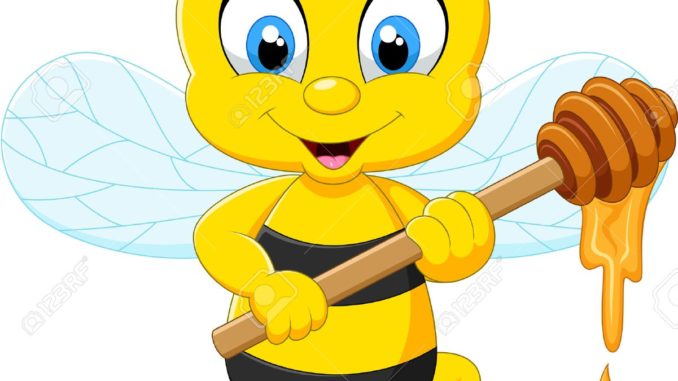
Funding helps Ontario beekeepers address stress factors affecting bee health and improve their business
Through a targeted intake under the Canadian Agricultural Partnership, the federal and provincial governments are investing up to $500,000 to help beekeepers make improvements to better manage pests such as Varroa mites, diseases and other stressors and to grow their bee-related business.
“The health of bee populations is vital given the importance of pollinators to food and seed production,” said Marie-Claude Bibeau, federal Minister of Agriculture and Agri-Food. “Our government is committed to providing beekeepers with the tools and support they need to maintain and enhance bee health, while ensuring a sustainable future for both beekeeping and the Canadian agriculture sector.”
“We’re giving the province’s beekeeping sector a boost to help improve and sustain the health of honey bees and to support the important role they play in the agriculture sector,” said Ernie Hardeman, Ontario Minister of Agriculture, Food and Rural Affairs. “This is another example of our commitment to protect our agriculture industry while also working to help our hard-working beekeepers, farmers and food processors to succeed in their business efforts.”
“Bees are important pollinators that are essential to maintaining healthy ecosystems and a healthy environment,” said Jeff Yurek, Minister of the Environment, Conservation and Parks. “Our government is committed to ensuring pollinators are well protected while supporting our farmers and beekeepers to thrive. Through our Made-in-Ontario Environment Plan, we’re working to protect vulnerable natural areas and other important habitats for future generations.”
Under this special application intake, beekeepers will be able to apply for funding to support the following:
- Equipment to prevent the introduction and spread of disease and increase overwinter survival of bees
- Sampling and analysis for pests and diseases to increase adoption of integrated pest management and other best management practices
- Business supports to help beekeepers grow their business
More detail on eligible activities and cost-sharing amounts for this targeted intake will be available in the near future, with the application intake opening on September 3, 2019.
Quick Facts
- At 23 per cent, Ontario’s average overwinter bee colony losses for this past winter were down significantly from the 2017-18 winter, based on beekeepers’ responses to OMAFRA’s spring 2019 survey.
- The health of managed honey bees is complex and influenced by several factors, including diseases, pests, genetics, environmental stressors and extreme weather.
- In addition to producing honey, Ontario-managed honey bees pollinate a wide range of crops, including apples, apricots, asparagus, blueberries, squash and canola, both within Ontario and in other provinces.
- The Canadian Agricultural Partnership is a five-year, $3 billion commitment by Canada’s federal, provincial and territorial governments that supports Canada’s agri-food and agri-products sectors.
- The beekeeper cost-share funding program has a continuous application process, with applications accepted until funding is fully allocated.
- The program will be delivered by the Ontario Soil and Crop Improvement Association (OSCIA). For more details, contact the OSCIA at 1-800-265-9751.
- Since June 2018, both the federal and provincial governments have committed cost-share support to almost 1,900 projects through the Partnership to help eligible Ontario farmers, processors, businesses and sector organizations innovate and grow.

Leave a Reply